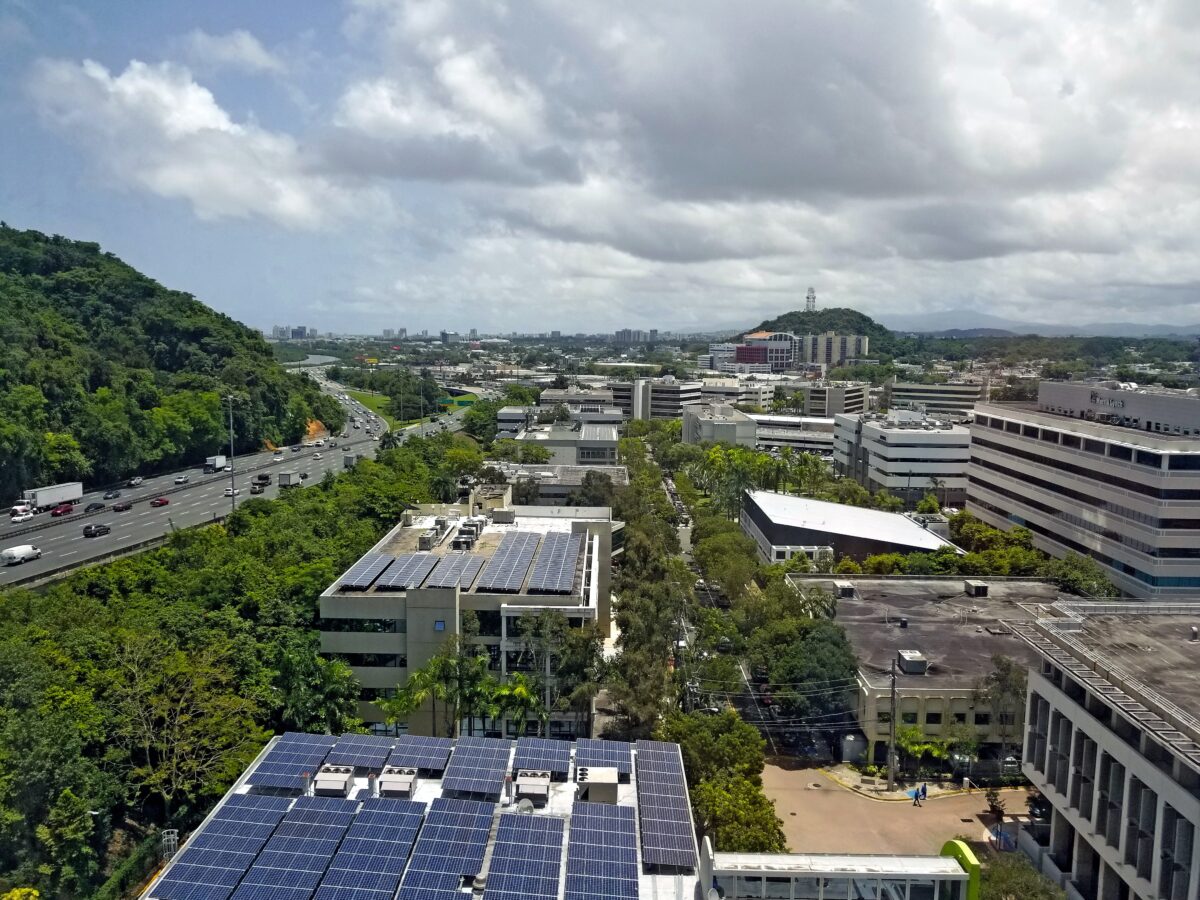Ambitious Plans and Electrification Strategy
Hungary is on a mission to slash greenhouse gas emissions by an impressive 50% by 2030. State Secretary Attila Steiner outlined a pivotal strategy emphasizing electrification, aiming to shift from fossil fuel to electricity consumption. The focus includes reducing demand, utilizing substitute fuels, and embracing renewables.
Significant Achievements in Renewable Energy
Hungary has made remarkable strides in its renewable energy sector. Photovoltaic capacity has soared to 5.5 GW, marking substantial progress. Steiner highlights the importance of green electricity production, with plans for additional capacity. Legislative changes are set to boost wind energy, potentially tripling its current capacity.
Innovative Initiatives: Battery Storage and Financial Challenges
Hungary’s forward-thinking initiatives include a new investment grant scheme for battery storage projects and a forthcoming support scheme for household solar generation. However, the commitment to nuclear development faces financial hurdles. The REPowerEU plan from the European Union is anticipated to provide vital funding for Hungary’s clean energy sector.
Sustainable Financing and Green Lending
In the realm of sustainable financing, MBH Bank has emerged as a key player. Having exceeded HUF 50 billion in solar project financing, the bank is committed to increasing the share of green credits. MBH is aligning its internal operations with sustainability goals and aims to be carbon neutral while actively supporting green initiatives.
Climate Concerns and Long-Term Competitiveness
With climate concerns escalating, experts stress the need for a robust, long-term strategy for competitiveness. Subsidies are viewed as short-term solutions, with Europe’s internal market identified as a strategic asset for sustained competitiveness. Comprehensive planning is deemed essential in navigating the uncertainties of the evolving climate landscape.
Source:bbj.hu





